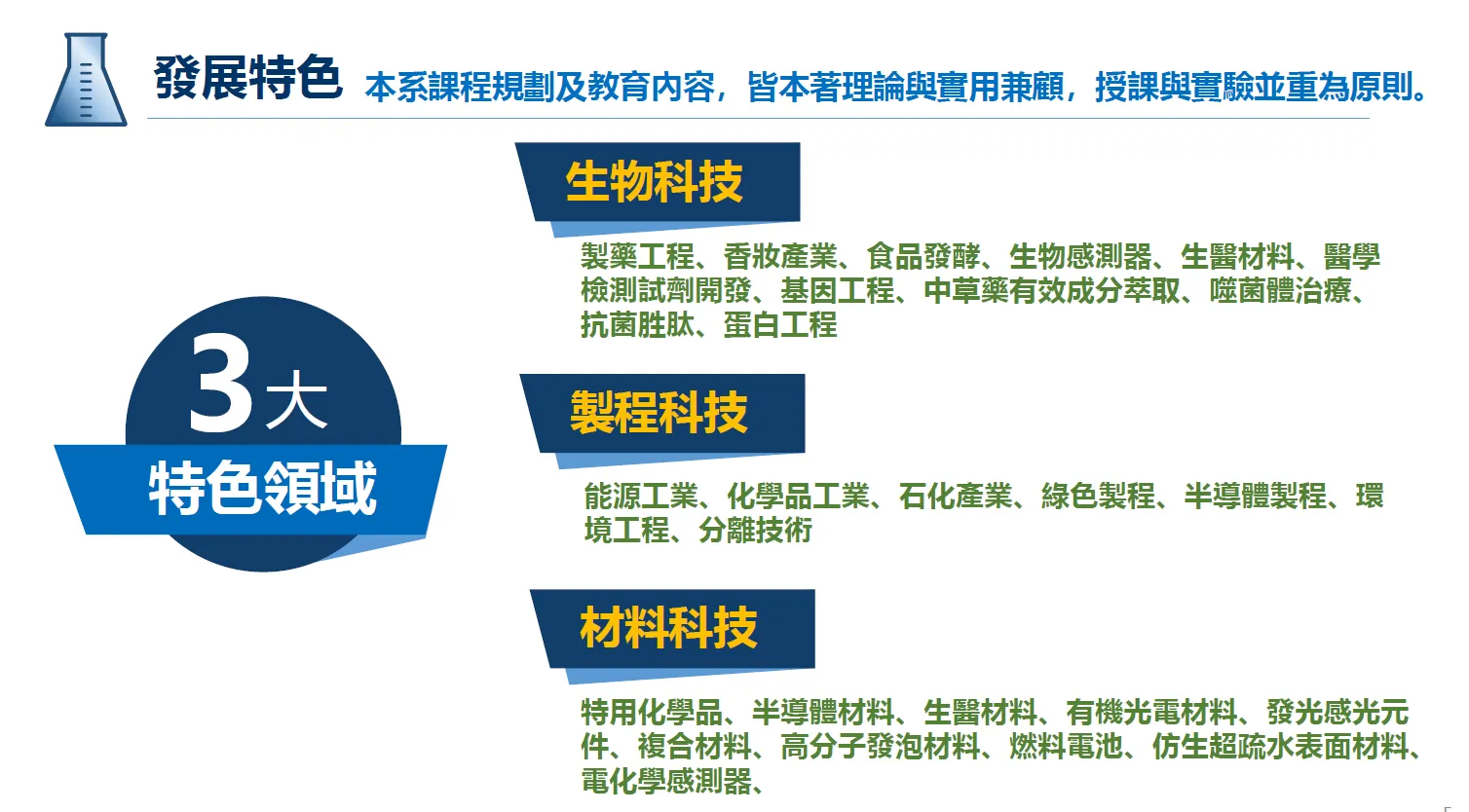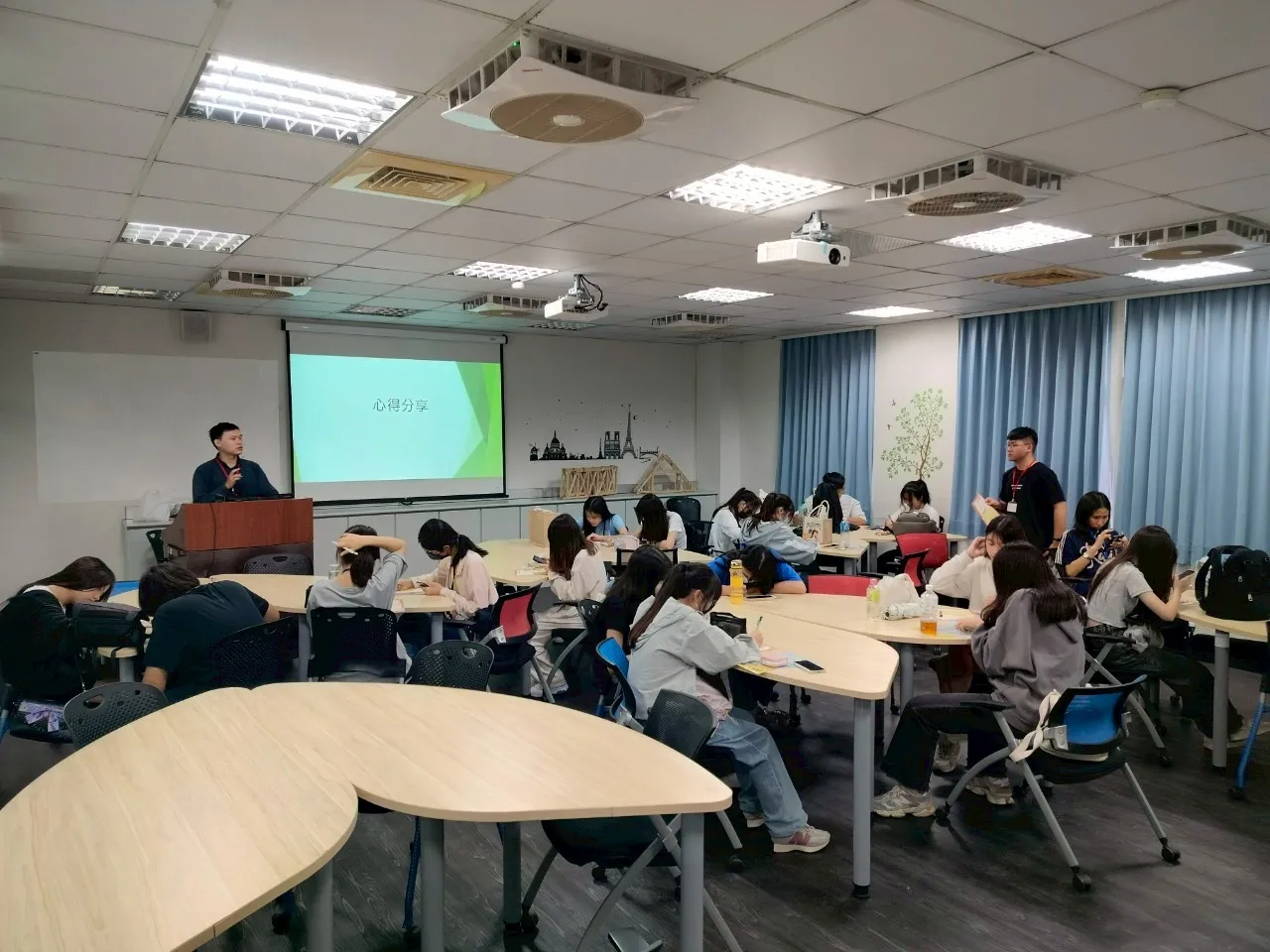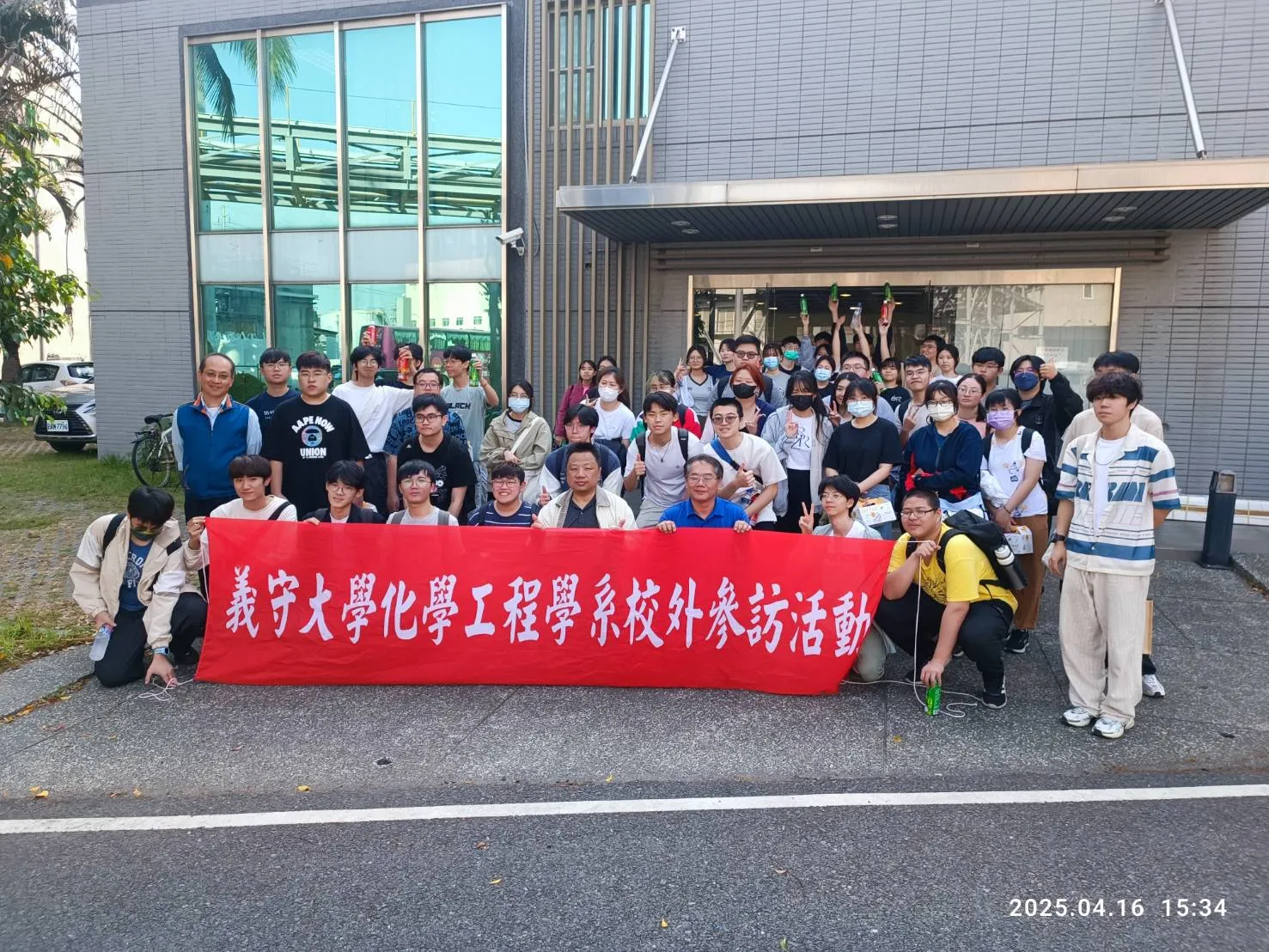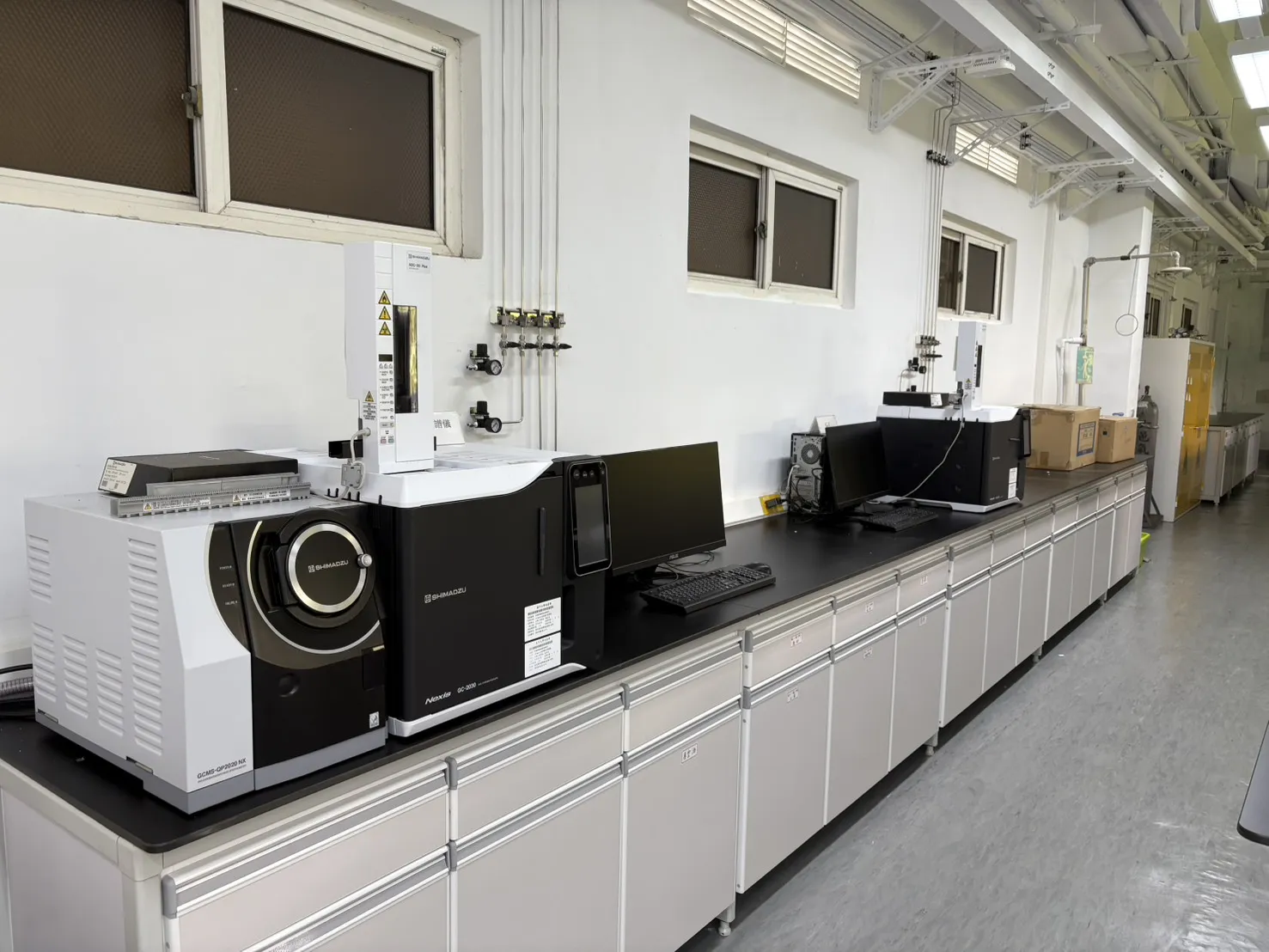
To cultivate specialized, practical, and internationally-minded professionals with the ability for lifelong learning.
Featured Courses
Introduction to Innovative Courses
Study Chemical Engineering, Apply It to the World.

Fundamental Specialized Courses
Mass-Energy Balance and Engineering Mathematics
Mass-Energy Balance:Understand the basic principles of mass balance and energy balance, and establish the concept of system mass-energy equilibrium.
Engineering Mathematics:It is a crucial foundation for science and engineering students, helping to cultivate correct thinking habits and establish computational skills, thereby laying the groundwork for future studies in engineering-related subjects
Advanced Professional Courses
Physical Chemistry, Transport Phenomena and Unit Operations, Chemical Engineering Thermodynamics, Reaction Engineering, Process Control and Industrial Instrumentation
Physical Chemistry:Establish and develop rational theories to explain phenomena observed in other fields, including discussions of fundamental thermodynamics and kinetics theories.
Transport Phenomena and Unit Operations:Study the theoretical principles and applications of momentum, energy, and mass transport phenomena in various separation processes commonly encountered in industrial plants.
Chemical Engineering Thermodynamics:Introduce the basic principles of thermodynamics and their applications in chemical engineering.
Reaction Engineering: A comprehensive discussion of the performance of various types of reactors and operating conditions.
Process Control and Industrial Instrumentation:Learn about measurement components and principles related to pressure, liquid levels, flow rates, and temperature in chemical processes, coupled with software implementation to achieve optimal control modes.
Integrated Professional Courses
Program Design:
Introduce concepts related to chemical processes, flow diagrams, equipment selection, optimization, cost analysis, and profitability analysis.
Curriculum
The courses cover specialized knowledge in fields such as Green Chemical Engineering, Applied Chemistry, Precision Processing, Biotechnology, and Advanced Materials.
Query the course offerings for each academic year, along with the learning objectives, learning design, and course syllabus for each subject


